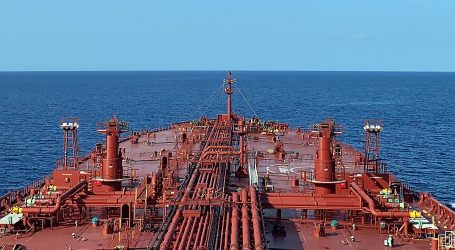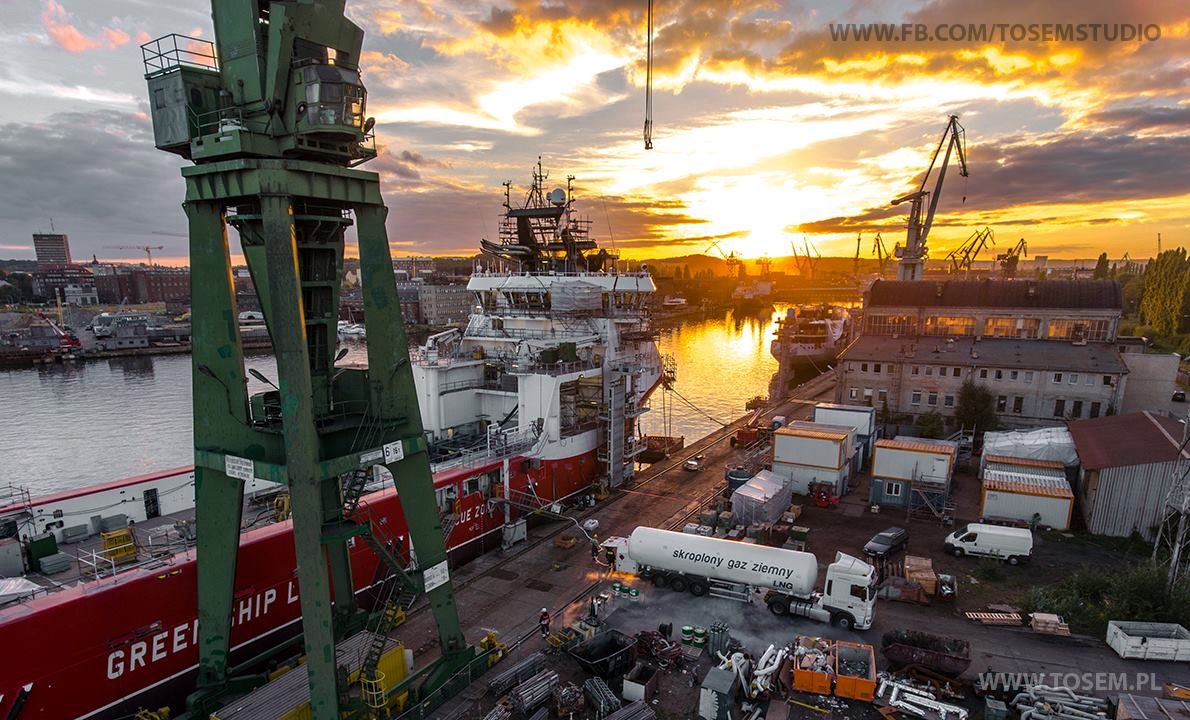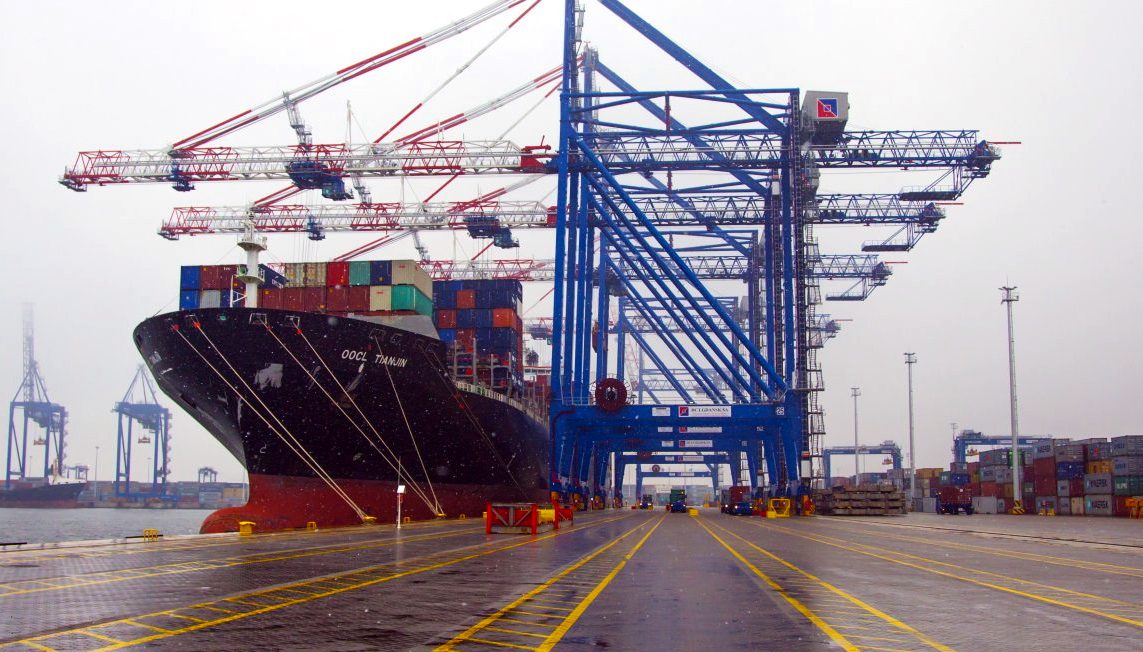EC welcomes IMO’s new climate ambitions for 2030, 2040 and 2050
The Commission welcomes the agreement reached today at the International Maritime Organisation (IMO) to revise its 2018 strategy to reduce greenhouse gas emissions from ships.
This agreement is an important step towards reducing the carbon footprint of international shipping and ensuring that the shipping sector contributes fairly to the Paris Agreement targets, in proportion to its 3% share of global emissions. Now that an agreement has been reached, it is important to start implementation as soon as possible.
The revised 2023 strategy sets a target of net zero emissions from ships “on or around 2050, i.e. close to 2050”. This represents a significant increase in the level of ambition compared to the current 2018 strategy, which aimed to reduce emissions from ships by only 50 per cent over the same time horizon. A trajectory has also been agreed with indicative checkpoints aiming to reduce greenhouse gas emissions from ships by at least 20 per cent. – in 2030. – by 30 per cent, and by at least 70 per cent in 2040. – with the aim of reaching 80%, in both cases compared to 2008 levels. The Commission stands ready to work with EU Member States and other IMO Parties to implement a pathway consistent with the Paris Agreement temperature target.
The strategy also sets an important target of at least 5 per cent by 2030. – aiming for 10 per cent. – dissemination of technologies, fuels or energy sources with zero or near-zero greenhouse gas emissions. This target will set the transformation in motion, sending a clear signal to the marine and fuel industries and encouraging the required investment decisions and fuel choices.
In addition, significant progress has been made on measures to meet the targets. The IMO has reached agreement on the need for such measures to be adopted by 2025, and that they should include a standard to regulate the progressive reduction of the GHG intensity of shipping fuels and a mechanism to price GHG emissions from maritime transport. These measures will be developed on the basis of a comprehensive impact assessment ensuring effective emissions reductions from the sector while contributing to a level playing field and a fair and equitable transition, leaving no one behind.
The ambition levels and indicative control points take into account the life-cycle GHG emissions of shipping fuels in order to reduce emissions within the boundaries of the energy system of international shipping, thus preventing emissions from being transferred to other sectors. The Commission therefore welcomes the approval of the guidelines for the lifecycle GHG intensity of marine fuels, which provide a solid basis for the years to come and ensure that GHG emissions are reduced.
EU Member States and the Commission have worked closely together and have shown leadership in facilitating today’s agreement. The EU will continue to work with IMO Parties to decide on clear and ambitious measures by 2025, and to continue to assist developing and least developed countries.
Source: PortalMorski.pl




